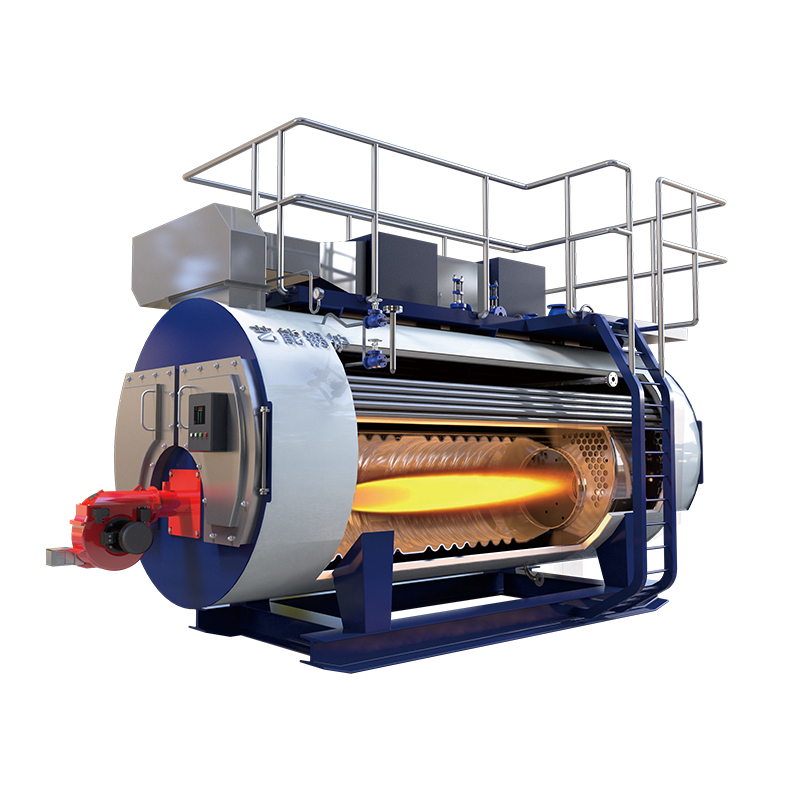steam boiler industrial product
The Importance of Steam Boilers in Industrial Applications
In the heart of many industrial processes, steam boilers play a crucial role, serving as vital components that support a variety of applications. Steam boilers produce steam by heating water, and this steam is harnessed for numerous purposes, including heating, power generation, and driving machinery. The significance of steam boilers in industries cannot be overstated, as they are key players in efficient energy utilization and process optimization.
Fundamentals of Steam Boilers
At its core, a steam boiler is designed to convert water into steam through heating. This process involves several critical components a burner that provides the combustion fuel, a heat exchanger to transfer heat, and controls that monitor and manage the system. Steam boilers can be classified into several types, including fire-tube boilers, water-tube boilers, and electric boilers, each tailored to specific industrial requirements.
Fire-tube boilers, for instance, have hot gases pass through tubes surrounded by water, while water-tube boilers feature water running through tubes heated by external combustion gases. The choice of boiler type largely depends on the desired steam output, efficiency, and space constraints.
Applications of Steam Boilers
Industries ranging from food processing to pharmaceuticals rely heavily on steam boilers. In food production, steam is used for cooking, sterilization, and drying processes. The pharmaceutical industry uses steam for sterilization purposes, ensuring that products are free from microbial contamination. Power plants utilize large steam boilers to generate electricity, where steam drives turbines that produce power.
In the textile industry, steam is essential for processes like dyeing and finishing, helping achieve desired fabric properties. Furthermore, chemical plants utilize steam in various processes, such as distillation and reaction, to maintain optimal temperatures and facilitate chemical reactions.
steam boiler industrial product

Efficiency and Sustainability
With the growing emphasis on sustainability and energy efficiency, modern steam boilers are designed to be far more efficient than their predecessors. Innovations such as condensing technology and economizers can recover waste heat from flue gases, significantly improving overall efficiency. Additionally, to minimize carbon footprints, industries are exploring the use of renewable energy sources, such as biomass, to fuel steam boilers.
Moreover, the implementation of automation and advanced control systems allows for precise monitoring and adjustment of steam production. This ensures that operations run smoothly while minimizing energy consumption and operational costs.
Safety Considerations
Given the high pressures and temperatures involved in steam boiler operations, safety is paramount. Regulatory bodies establish strict guidelines for boiler installation, maintenance, and operation to prevent accidents. Regular inspections and maintenance are essential to ensure safety standards are met. Advanced safety features, such as pressure relief valves and automatic shut-off systems, are also incorporated into modern steam boilers to safeguard against potential hazards.
Conclusion
In conclusion, steam boilers are indispensable assets in various industrial sectors. Their ability to generate steam efficiently supports a wide array of applications, from power generation to food processing. As industries move towards sustainable practices, the evolution of steam boiler technology demonstrates a commitment to efficiency and safety.
Investing in modern steam boiler systems not only enhances productivity but also aligns with environmental goals. As the demand for steam continues to rise, innovations in boiler technology will play a vital role in shaping the future of industrial processes. The continued research and development in this field promise smarter, safer, and more efficient steam boilers that will meet the needs of tomorrow's industries.
-
Top Electric Steam Boiler Manufacturers | Industrial Steam SolutionsNewsJul.26,2025
-
Top Electric Steam Boiler Manufacturers – Reliable Industrial SolutionsNewsJul.25,2025
-
Top Electric Steam Boiler Manufacturers – Reliable Industrial SolutionsNewsJul.24,2025
-
Top Electric Steam Boiler Manufacturers – High Efficiency & ReliabilityNewsJul.23,2025
-
Best China Steam Boiler Price for Efficient Industrial HeatingNewsJul.22,2025
-
Top Electric Steam Boiler Manufacturers - High-EfficiencyNewsJul.21,2025

